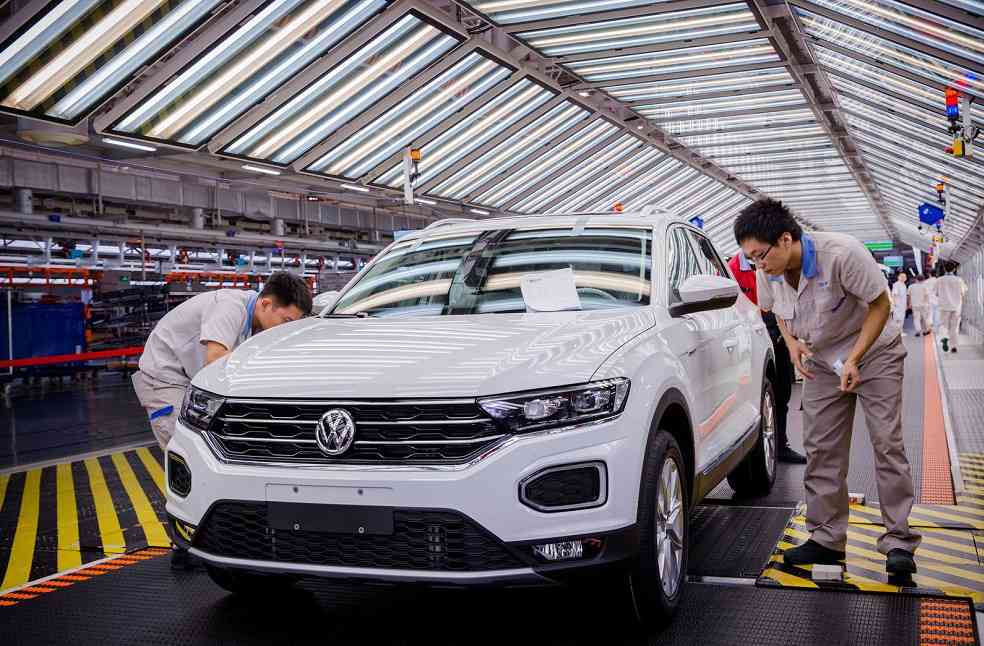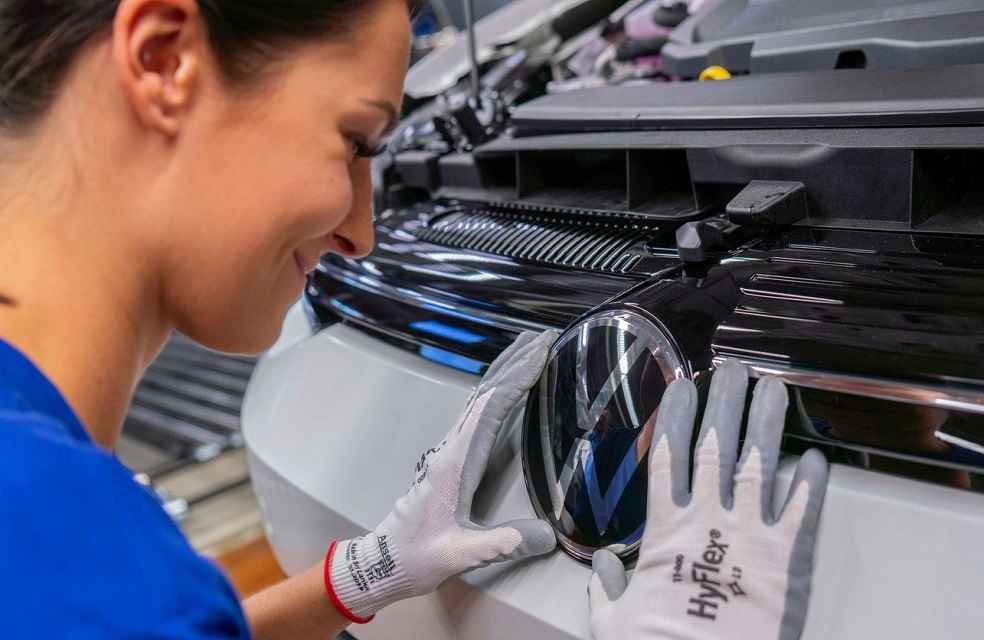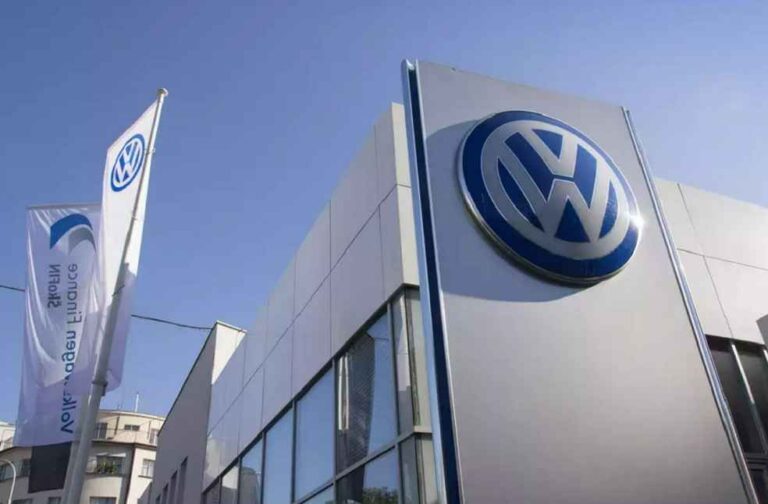Volkswagen has unveiled its latest entry-level battery-electric vehicle (BEV) to employees at its Wolfsburg plant in Germany, offering a preview of its front-end design. The announcement, attended by Volkswagen brand CEO Thomas Schäfer, highlights the company’s ongoing transition toward an all-electric lineup and its future plans for its global manufacturing headquarters.
The new BEV, previously referred to internally as the ID.1, is expected to be priced at approximately €20,000 ($20,850). While Volkswagen has yet to confirm its official production name, industry insiders suggest it could revive the Up badge, previously used for a small urban vehicle discontinued in 2021. This new model is aimed at expanding Volkswagen’s footprint in the growing affordable EV segment, where it will compete with rivals like Renault’s upcoming electric Twingo and an influx of Chinese electric vehicles entering the European market.

Wolfsburg, traditionally the manufacturing hub for Volkswagen’s core models like the Golf and Tiguan, will play a crucial role in this transition. The plant is set to manufacture the new BEVs, including next-generation versions of the Golf and T-Roc, utilizing Volkswagen’s upcoming SSP platform designed for scalable electric mobility.
Schäfer emphasized the strategic importance of the Wolfsburg facility, stating:
“With the December labor agreement, we have set the course for the largest future plan in Volkswagen’s history. A crucial step is making e-mobility attractive for everyone – that is our brand promise.”

The new BEV is part of Volkswagen’s ‘Triple A’ strategy—Aufholen (Catch Up), Angreifen (Attack), and Anführen (Lead)—a roadmap to strengthen its electric vehicle lineup. By 2027, Volkswagen plans to introduce nine new BEV models, including a production version of the ID.2all concept, another compact electric model priced under €25,000 ($26,040), scheduled for launch in 2026.
Despite Volkswagen’s ambitious electrification plans, the transition is not without challenges. The introduction of nine new BEVs within three years comes at a time when global BEV demand is fluctuating, with consumers in Europe and North America voicing concerns over charging infrastructure, charging times, and reliability. Additionally, shifting political landscapes in both regions could impact the pace of BEV adoption.
GENERAL | Lear Cuts 15,000 Jobs in 2024, Expands Business with Chinese Automakers





